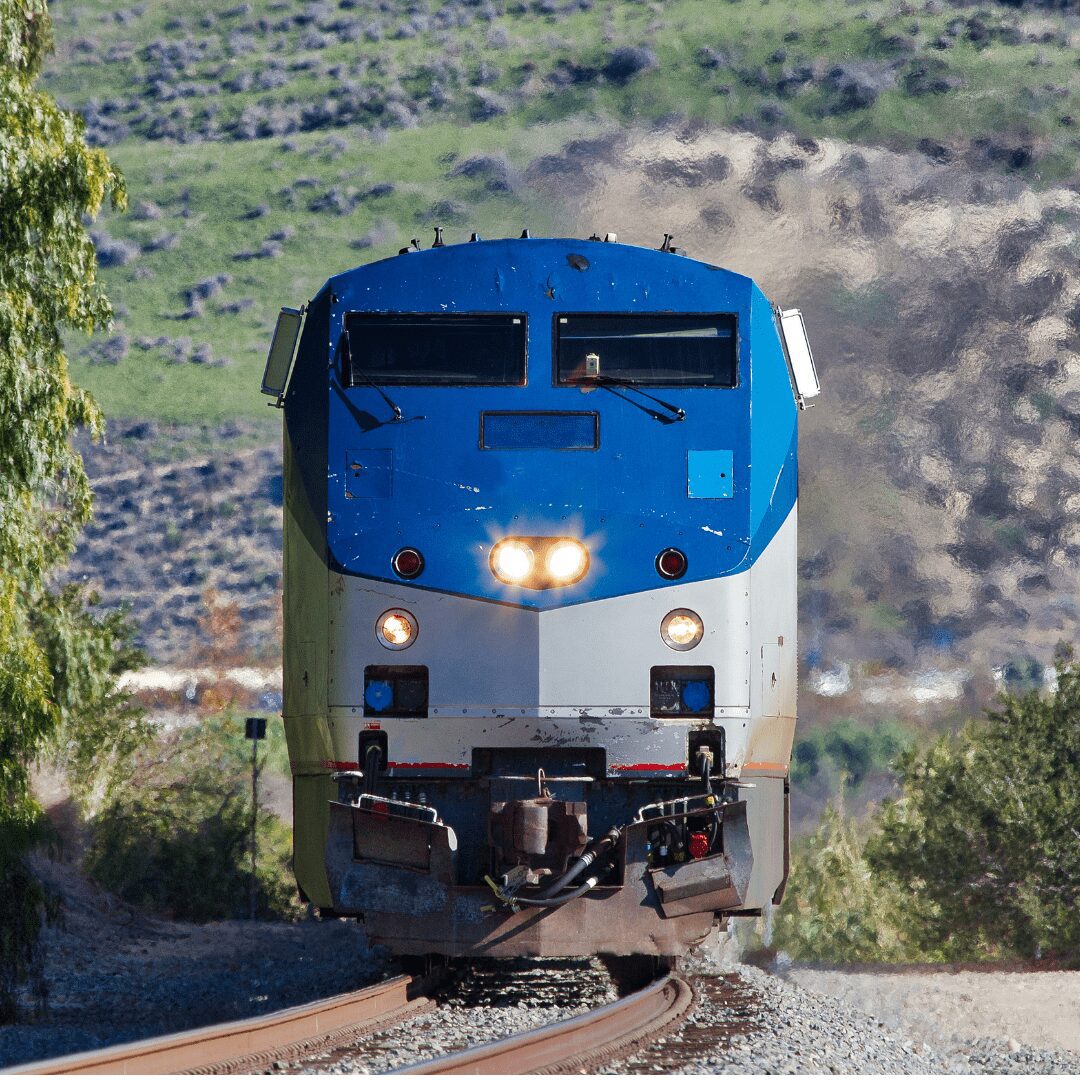
Testimony Before the Surface Transportation Board Regarding Gulf Coast Passenger Service Between New Orleans and Mobile
Taxpayers Protection Alliance
February 16, 2022
Surface Transportation Board
February 15, 2022
Daniel Savickas, Government Affairs Manager, TPA
Re: Gulf Coast Passenger Service Between New Orleans and Mobile STB Finance Docket No. 36496
Dear Distinguished Members of the Surface Transportation Board,
My name is Dan Savickas and I serve as Government Affairs Manager for the Taxpayers Protection Alliance. We are a national nonprofit, nonpartisan taxpayer and consumer advocacy organization dedicated to educating the public through the research, analysis and dissemination of information on the government’s effects on the economy.
Amtrak already receives billions in funding from the federal government and, thus, the American taxpayer. That is because a vast majority of Amtrak’s lines are unprofitable. In fact, recent analyses show only lines in the Northeast Corridor – connecting Washington, DC and Boston – run at an actual profit. The rest typically require subsidies ranging anywhere from $81 to $417 per passenger. American taxpayers bear that burden.
The proposed corridor from Mobile to New Orleans will almost certainly yield the same result. A 2015 Amtrak analysis on such a route has shown that this proposed line would lose $4 million annually, while drawing only a paltry 26 passengers per trip. It is important to note that the financial losses for the service is likely much higher today, given rampant inflation and the detrimental effect the coronavirus pandemic has had on ridership habits. It is safe to assume that there will be fewer riders and more required subsidies from the taxpayers.
In the years since that public report, Amtrak has also failed to provide evidence that there is sufficient demand for such a passenger route. Driving along I-10 between the two cities does not take more than a few hours. Additionally, there exist bus routes from companies like Megabus and Greyhound that complete that trip for far less cost to consumers than Amtrak would. And, while there are no direct flights between the two cities for an even shorter trip, both cities have the airport infrastructure in place to change that reality if there is, in fact, demand for it.
In fact, the existing Amtrak routes in the Gulf Coast have already demonstrated the lack of demand. Mississippi currently has a number of routes connecting New Orleans, New York, and Chicago. From 2011 to 2019, ridership in Mississippi along these routes increased by less than five percent, lagging far behind the state’s growth in median income. Cost and the potential for train delays show consumers in the area do not find Amtrak to be a suitable option.
The precedent set by allowing this expansion to go forward is potentially devastating for the future of freight rail in the United States. According to a more recently completed impact study, this route would cause severe disruptions to the supply chain along the Gulf Coast if infrastructure improvements or additions were not made prior to the activation of this route.
The supply chain has already been severely disrupted by the global pandemic and the economic restrictions that were tied to it. Without significant changes, Amtrak routes will disrupt freight rail lines and cause delays and congestion, only exacerbating the issues we are already seeing play out globally. This amounts to displacement of economic activity that will have a noticeable impact on the region.
If Amtrak is allowed to move forward without making the necessary improvements, it will set the precedent that they may start new services and routes across the nation without first ensuring that the supply chain is not disrupted or demonstrating that there is any pent-up demand for their service in the first place.
As an organization that is dedicated to protecting the interests of taxpayers and consumers across the nation, we are understandably concerned about this project. American taxpayers will bear the cost of this new service, subsidize the lack of ridership, and feel the pains of the supply chain disruptions that will result. We urge the Board not to allow this to go forward until the necessary infrastructure improvements are made and sufficient demand is demonstrated.
Thank you for your time,
Daniel Savickas
Government Affairs Manager
Taxpayers Protection Alliance
